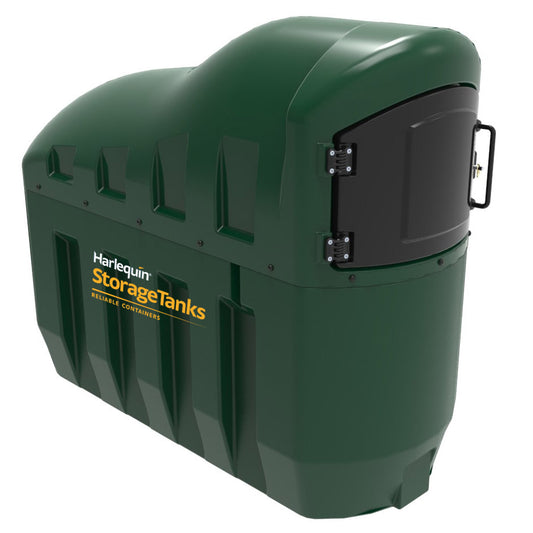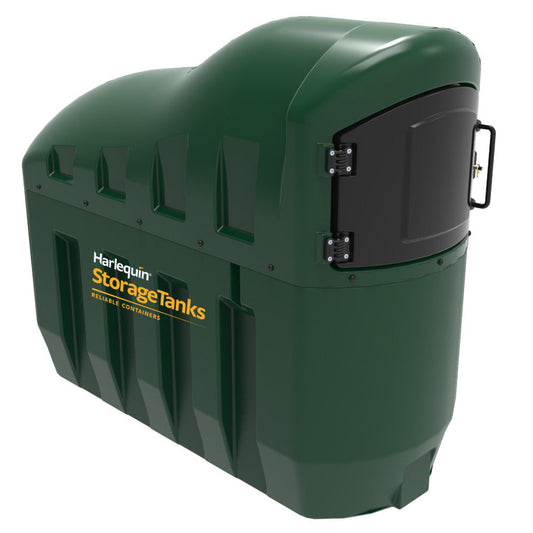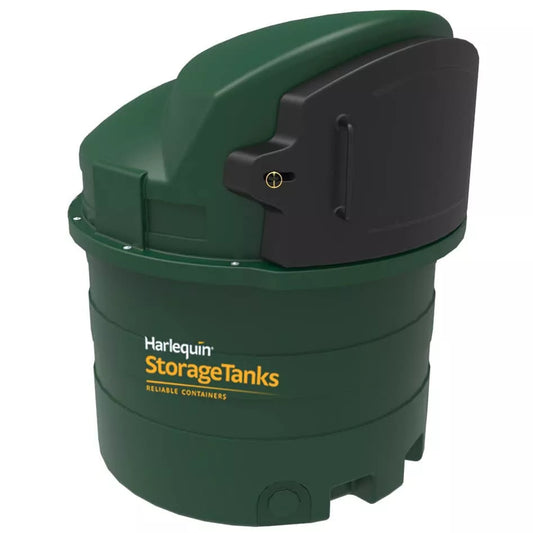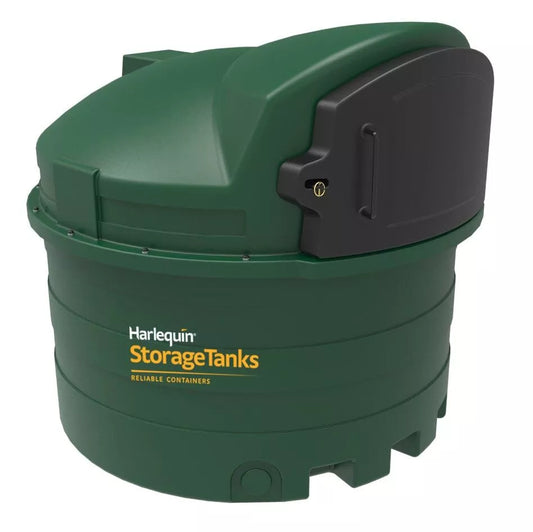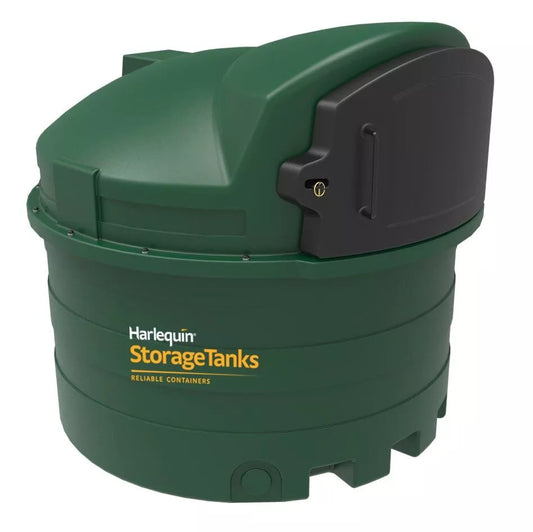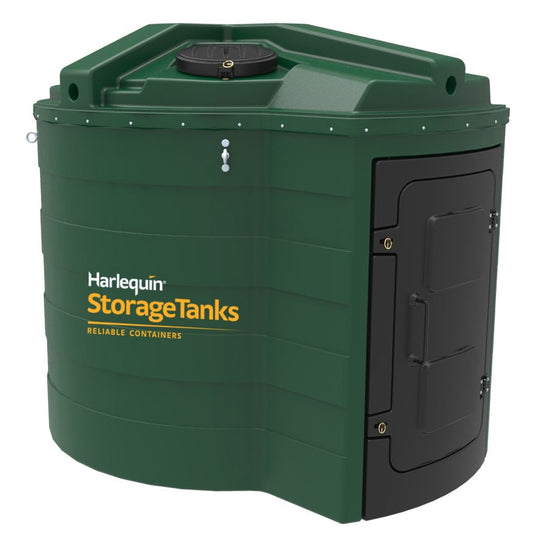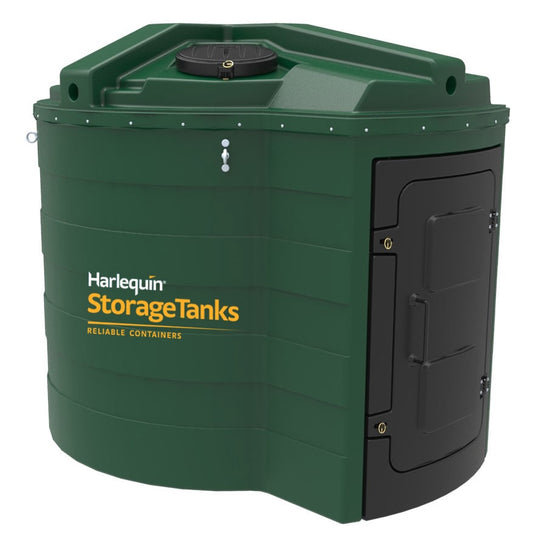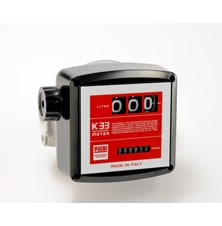Whether you're in agriculture, construction, transportation, or any other industry that relies on diesel-powered equipment, it's important to understand the features, benefits, and maintenance of diesel dispensing tanks to help you make informed decisions and ensure smooth operations.
At Cotterills we supply a wide range of diesel dispensing tanks, providing a responsible and efficient way to store and distribute diesel fuel. In this blog post, we'll cover everything you need to know about diesel dispensing tanks.
What Are Diesel Dispensing Tanks?
Diesel dispensing tanks are specially designed containers used for storing and dispensing diesel fuel. They come in various sizes and materials so they can meet the specific requirements for different applications. These tanks are often fully equipped with pumps, hoses, and nozzles to support the safe and efficient transfer of diesel fuel to vehicles or equipment.
What are types of Diesel Dispensing Tanks?
1. Portable Diesel Tanks
Portable diesel tanks are mobile and easily transported to different locations. They are ideal for on-the-go fueling needs and especially useful for emergency fueling. These tanks often come with integrated pumps and hose reels for convenient dispensing.
2. Stationary Diesel Tanks
Stationary diesel tanks are designed to stay in one location. They are suitable for businesses that require a consistent and reliable fuel supply at a single location, such as farms, construction sites, or industrial facilities.
3. Above-Ground vs. Underground Tanks
-
Above-Ground Tanks: These tanks are installed on the surface and are easier to inspect and maintain. They are a popular choice for businesses that have an adequate amount of space and need to prioritise easy access.
- Underground Tanks: Buried underground, these tanks save surface space and eliminate the risk of fire hazards. However, they do require a more complex installation and need regular inspections to avoid leaks.
Key Features to Consider
When selecting a diesel dispensing tank, it’s important to consider the following features to ensure it meets your specific needs:
1. Capacity
The capacity of the tank should match your fuel consumption needs. Diesel tanks often come in a wide range of sizes, from small portable units to large stationary tanks with capacities of several thousand litres.
Our diesel dispensing tanks range from 1300 - 9250 litres.
2. Material
Common materials for diesel tanks include steel, polyethylene, and fibreglass. Each material has its advantages:
- Steel: Durable and strong, suitable for heavy-duty use.
- Polyethylene: Lightweight, corrosion-resistant, and often the most affordable.
- Fibreglass: Corrosion-resistant and ideal for underground installations.
3. Pump System
The pump system is a crucial feature for efficient fuel dispensing. When selecting a tank, search for one with a reliable pump that offers the desired flow rate. Electric, manual, and air-operated pumps are common options.
It is recommended for the majority of applications to look at our fuel stations as they come fully equipped with all advanced technologies and components required for optimal function. Alternatively, if you do not require the tank to be fully equipped with advanced technologies, then we recommend our fuel points.
4. Safety Features
Securing a tank equipped with safety features such as overfill prevention, spill containment, and proper venting systems will ensure compliance with local regulations and industry standards is essential.
Maintenance and Safety Tips
Proper maintenance on your diesel dispensing tanks allows for safe operation and means your tanks are guaranteed to have a longer lifespan. Here are some tips to keep in mind:
1. Regular Inspections
Execute regular inspections to check for signs of corrosion, leaks, or damage. If any damage or wear is found, address the issues promptly to prevent fuel contamination, spills or environmental damage.
2. Cleaning
Routinely clean the tank to remove any sediment or contaminants as this could affect fuel quality and equipment performance.
3. Secure Storage
Store the tank in a secure, well-ventilated area away from sources of ignition to massively reduce the risk of fire hazards. Use locks and security measures to prevent unauthorised access to protect both fuel and environment.
4. Compliance
Ensure your tank complies with local regulations regarding fuel storage and dispensing. This may include securing necessary permits and following environmental guidelines to protect public health.
Benefits of Using Diesel Dispensing Tanks
1. Efficiency
Diesel dispensing tanks are convenient and provide an efficient way to store and access fuel, reducing costly downtime and increasing productivity.
2. Cost Savings
Buying diesel in bulk and storing it on-site can help with significant cost savings compared to frequent trips to fuel stations.
3. Flexibility
Portable diesel tanks ensure your equipment is always ready to work. It allows businesses to be more flexible when operating in remote locations.
4. Safety
Modern diesel tanks are manufactured with various safety features to minimise common risks associated with fuel storage and dispensing. These safety features are designed to protect both people and the environment.
In summary diesel dispensing tanks are an essential element for many industries, as they offer a reliable solution for fuel storage and distribution. By understanding the different types of tanks, key features, and maintenance practices, you can choose the right tank for your needs and ensure safety across all areas.
At Cotterill Civils we supply a wide range of fuel storage tanks suitable for agricultural, commercial and industrial use. This includes our diesel dispensing tanks and Adblue tanks.
Our team of experts can provide you with any further advice required if you call us today on 0121 351 3230
Alternatively, fill out our enquiry form:





